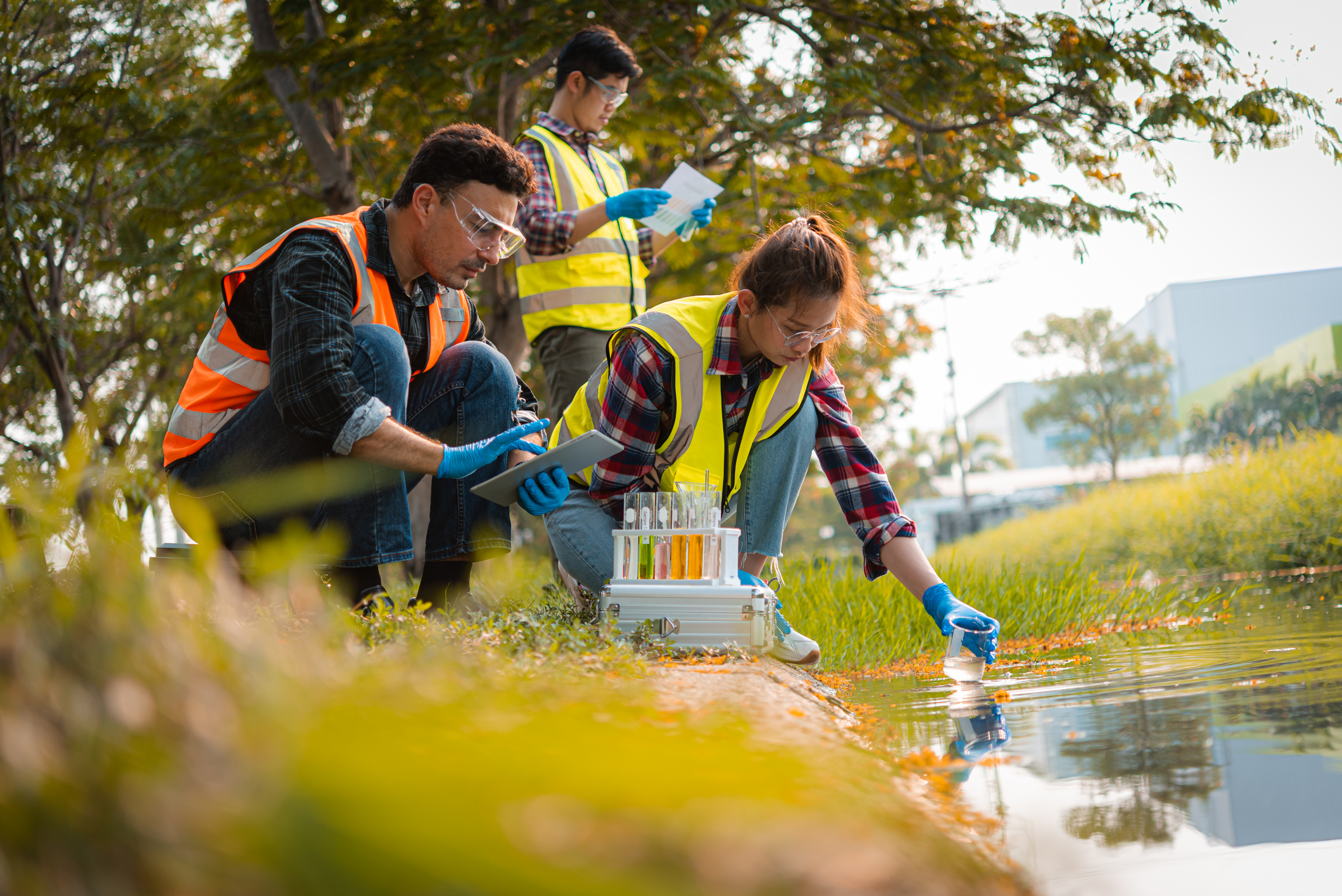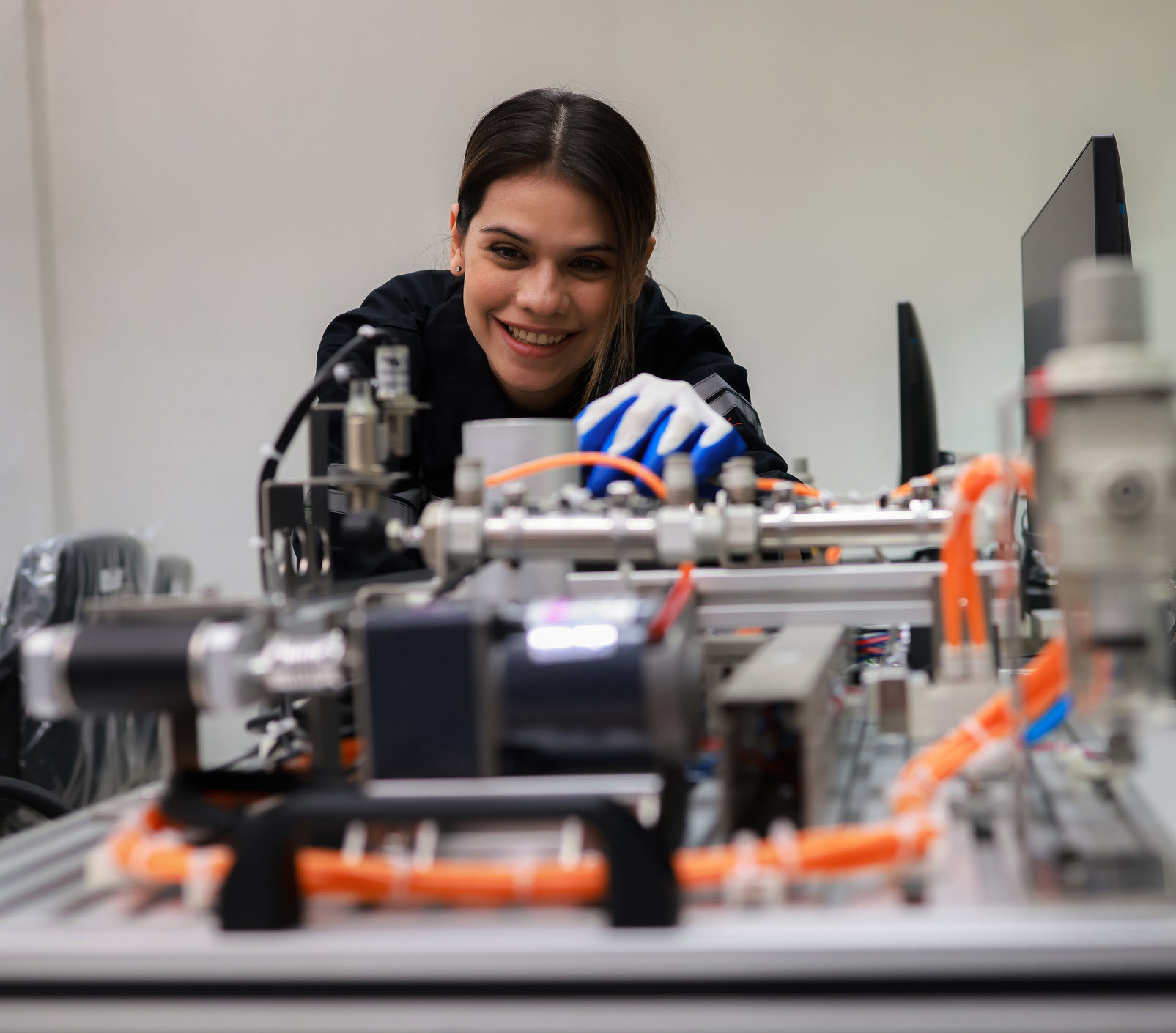Spring 2022
NSPE Today: Policy Perspectives
What’s Going on with COPA?
By Leanne Panduren, P.E., F.NSPE
What is COPA? Yes, you may now have a 1970’s Barry Manilow song running through your brain, but that is not the answer. NSPE’s Committee on Policy and Advocacy (COPA) focuses on developing public policies and position statement the public health, safety, and welfare. This committee also works with NSPE’s advocacy and government relations staff to shape s regarding the professional practice of engineering and engineering licensure issues that affect the Society’s advocacy efforts. COPA is committed to ensuring that NSPE members have the support and resources they need to be strong advocates for the profession and the public.
Understanding the Assignments
COPA is one of NSPE’s busiest committees and has three standing assignments. The first is to assure that NSPE position statements and professional policies are current, relevant, and comprehensive. Currently, NSPE has 48 position statements that support the 10 professional policy areas of Diversity, Education, Emerging Technologies, Energy, Environment, Ethics, Government, Infrastructure, Licensure, and Professional Practice. The documents are reviewed on a rotating basis with a 3–5-year interval between reviews unless issues are identified that warrant an update be completed sooner.
The second assignment is to engage members in advocacy regarding threats to professional licensure, certification, and the engineering team. There are many ways our members can become involved at the local, state, and national levels. Please visit the NSPE Advocacy Center to learn more about NSPE’s endeavors or reach out to your own state society to find out how they are engaging in advocacy closer to home.
And third, COPA addresses emerging developments in engineering (i.e. climate change) and their impacts on the engineering profession. In addition to the standing assignments and the issue specific assignments, when new matters suddenly arise, COPA pulls together task forces and workgroups to address them. For example, when the Merrimac Valley pipeline explosion occurred in 2018 in Massachusetts, one of the outcomes was that several states began to require that pipeline design work had to be performed by licensed engineers. COPA assembled the PE Sign/Seal workgroup to develop an informational document that would assist licensed engineers in understanding when and what needed to be or could be signed and sealed. COPA also identified developing issues in the integration of software and hardware and is working to develop standards and certifications that will establish the baseline body of knowledge to protect the public health, safety, and welfare.
One of COPA’s critical tasks this year is the development of a nationwide advocacy strategy for NSPE. Many NSPE state societies also have advocacy committees that focus on legislative and government activities. The partnership between the state and national groups is critical to make sure our interests are covered at both levels. Even more critical is the identification of states where there is not a state society advocacy group so that others can monitor legislative activities to ensure that state does not become a vulnerable spot in the system for bad legislation to be introduced and passed. If this happens it can cascade into other states and become an even bigger problem for PEs and the public. COPA focuses on tools for identifying advocacy opportunities, tracking member engagement, communicating and coordinating responses to advocacy opportunities, and measuring outcomes.
Building Strong Relationships
COPA also addresses NSPE’s strong relationships with chartered affinity groups (i.e. National Academy of Forensic Engineers), coalition relationships (i.e. Alliance for Responsible Professional Licensing), partners (i.e. American Society of Civil Engineers), and collegial associations with which we have memoranda of understanding (i.e. National Society of Black Engineers). COPA fosters those relationships and encourages cross-pollination and collaboration.
Each year, COPA works with the graduates of the Emerging Leaders Program to develop communication materials designed to reach engineering students and early-career engineers. COPA and the 2020 Class of Emerging Leaders collaborated to finalize an “Engineers in Public Policy” presentation. The presentation can be modified for use by members at a variety of potential speaking engagements from student chapters to state annual meetings. The 2021 Class of Emerging Leaders worked closely with NSPE advocacy staff to identify improvements to the Advocacy Center that could remove barriers for member engagement and recruitment for target audiences.
COPA also works with the key players in the engineering pipeline: ABET, which evaluates providers of engineering education to assure that the curricula will equip future engineers, and NCEES, which provides the licensing exams. As COPA evaluates emerging technologies, needs, and issues, NSPE’s role in both of those organizations enables NSPE to participate in decisionmaking that will establish future courses. For example, COPA will be working with NCEES to develop a prototype of a potential new licensure model that appropriately parallels current realities in the practice of engineering, especially multi-disciplinary practice.
While COPA does the heavy lifting around policy development, the critical role that NSPE members play in advocacy is not taken for granted. Members and staff logged a record-breaking 4,323 grassroots actions in 2021—a 129% increase over the number of grassroots actions logged in 2020. Over the course of 35 advocacy campaigns, 1,406 NSPE members made their voices heard in 2021. These campaigns spanned a variety of issues, from protecting the license to infrastructure to STEM education. We are hopeful that this advocacy momentum will continue in 2022.
Leanne Panduren, P.E., F.NSPE, serves as chair of the Committee on Policy and Advocacy


 Volunteering at NSPE is a great opportunity to grow your professional network and connect with other leaders in the field.
Volunteering at NSPE is a great opportunity to grow your professional network and connect with other leaders in the field. The National Society of Professional Engineers (NSPE) encourages you to explore the resources to cast your vote on election day:
The National Society of Professional Engineers (NSPE) encourages you to explore the resources to cast your vote on election day:



